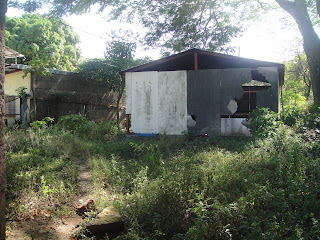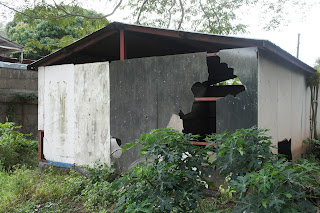As previously mentioned, in order to get
the grant for this project, we had to include an HIV/AIDS education piece. So I would give charlas to the pregnant women as well as the students and
volunteers helping with the garden. We
also took the opportunity to talk about proper disposal of trash.
Additionally Kelli and I made what we
called a “Welcome Kit” for the women at the Casa Materna. The “Welcome Kit” is a ten-page laminated
packet of general information about Maternal and Child Health, Maintaining the
Garden, and Yoga. Many of the women
cannot read, so we included as many pictures as possible. The hope is that while at Casa Materna the
women have an opportunity to learn about their health outside of the charlas given.
Topics in the “Welcome Kit”:
Casa Materna Information and Rules
Pregnancy: How it Occurs, Changes to the Body and Lifestyle
Stages of the Birth Process
Warning Signs During Pregnancy, Birth, and Post-Partum
Breastfeeding
HIV/AIDS
Family Planning
Nutrition
Garden Maintenance
Yoga




























